In a world that frequently enough champions individual strength and resilience, the importance of shared wellness can sometimes be overlooked. Yet, the journey to better pelvic health is one that can be taken hand in hand, regardless of age or gender. ”Strengthening Together: Top Kegel Exercises for Everyone” delves into the often-misunderstood realm of Kegel exercises, illuminating their benefits not only for women post-childbirth but for men and individuals at every life stage.As we explore various techniques and tips,this guide aims to foster a sense of community around a practice that enhances strength,confidence,and overall well-being. Whether you’re a seasoned practitioner or a curious newcomer,this article invites you to discover how a few mindful movements can lead to a healthier,more connected you.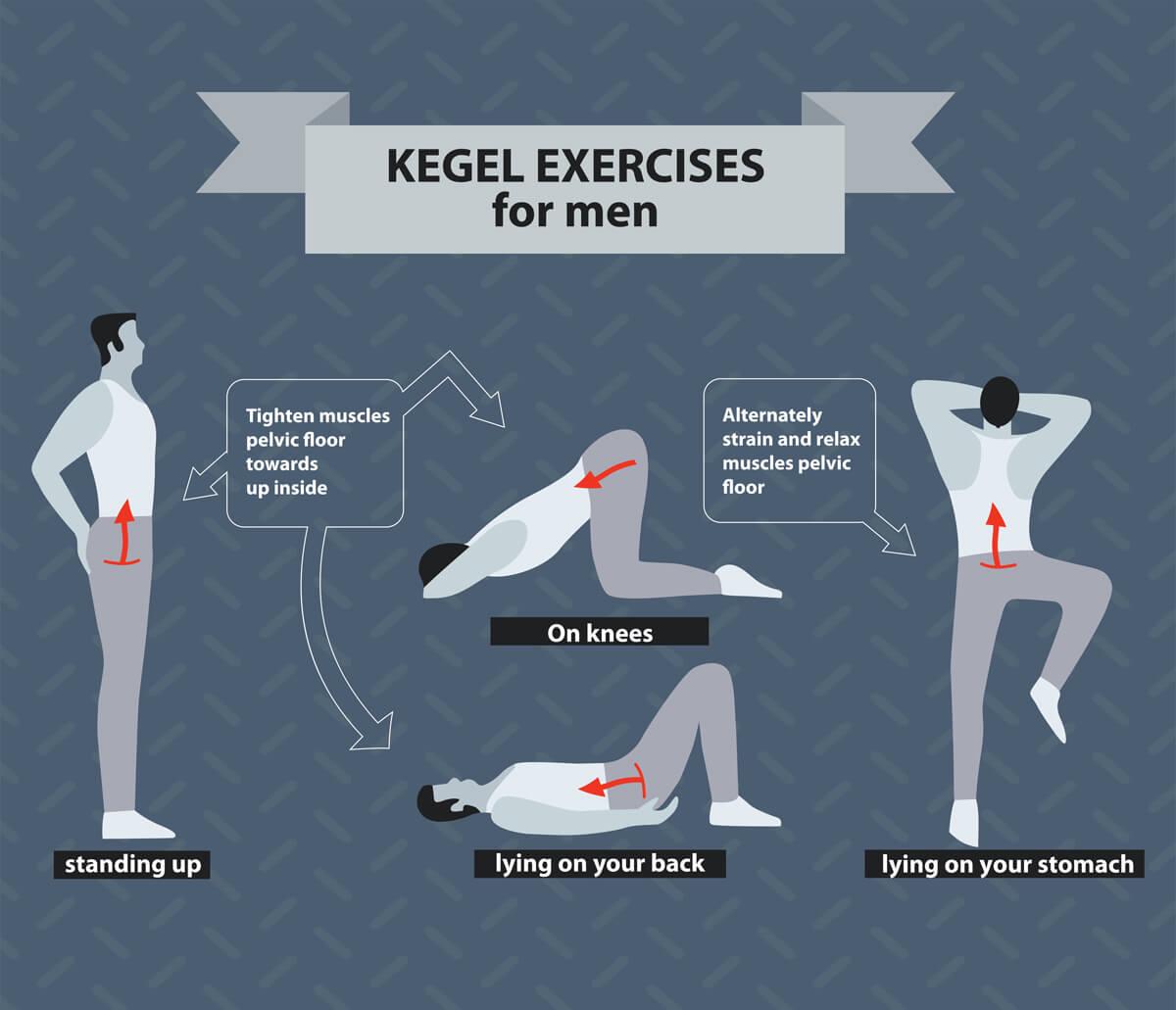
Exploring the Importance of Kegel Exercises for All Genders
Kegel exercises, often associated with women, are vital for all genders and can significantly enhance pelvic health. These exercises focus on strengthening the pelvic floor muscles, which support the bladder, bowel, and reproductive organs. As awareness grows, it’s becoming increasingly clear that both men and women can benefit from incorporating Kegel exercises into their fitness routines. The advantages include improved bladder control, enhanced sexual function, and greater awareness of one’s body, fostering a sense of connection and strength. By dedicating just a few minutes daily, anyone can experience these benefits.
Incorporating Kegel exercises into your routine is not only about strength; it’s also about building resilience against common issues like incontinence and pelvic discomfort. For a complete approach, you might consider varying the types of Kegel exercises you perform. Here’s a swift overview of basic Kegel exercises:
| Exercise | Description |
|---|---|
| Basic kegel | Contract your pelvic floor muscles, hold for 5 seconds, then relax. Repeat 10 times. |
| Quick Flicks | Quickly contract and release your pelvic muscles for 10-15 repetitions. |
| Elevator Exercise | Imagine an elevator moving between floors, tightening your muscles progressively and then relaxing them. |
Remember, consistency is key! Whether you’re looking to enhance your sexual wellness or prevent potential health issues in the future, these exercises can be easily integrated into any lifestyle. by understanding the importance of pelvic floor health, individuals of all genders can foster a more empowered relationship with their bodies.
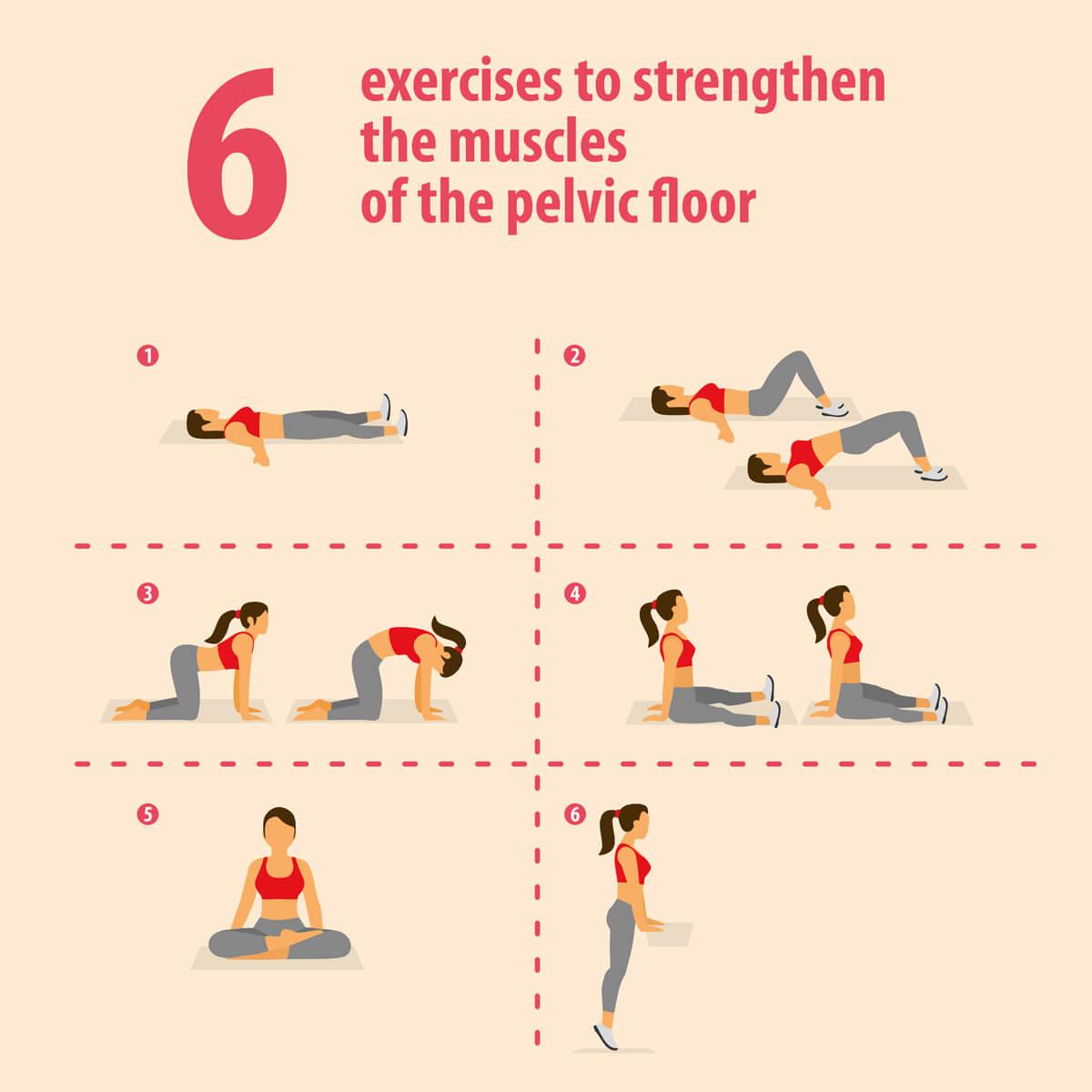
Mastering the Techniques: A step-by-Step Guide to Effective Kegel Exercises
Kegel exercises are a fantastic way to strengthen your pelvic floor muscles, and they can be adapted for anyone, regardless of age or gender. start by finding a quiet space where you can focus without interruptions. To locate your pelvic floor muscles, imagine trying to stop the flow of urine. Once identified, you can begin the exercises. Here’s how to perform them effectively:
- Gradual Contractions: Tighten your pelvic floor muscles and hold the contraction for 3 to 5 seconds before relaxing for the same amount of time.
- Repetitions: Aim for 10 to 15 repetitions in one session, ensuring you breathe normally and avoid tightening your abdominal or thigh muscles.
- Consistency: Incorporate these exercises into your daily routine, setting aside time in the morning or evening to focus solely on strengthening this area.
As you become more agreeable, you can increase the duration of each hold and the total number of repetitions. Adding variation can also enhance the effectiveness of the exercises. Consider practicing the following techniques:
- Quick Contractions: Rapidly tighten and release your pelvic muscles, helping to improve muscle responsiveness.
- Elevator Technique: Visualize an elevator moving up and down—hold for longer durations as you “ascend” and then release slowly as you “descend.”
- incorporate Movement: Try these exercises while walking or doing daily tasks; it’s discreet and helps reinforce the muscle memory.
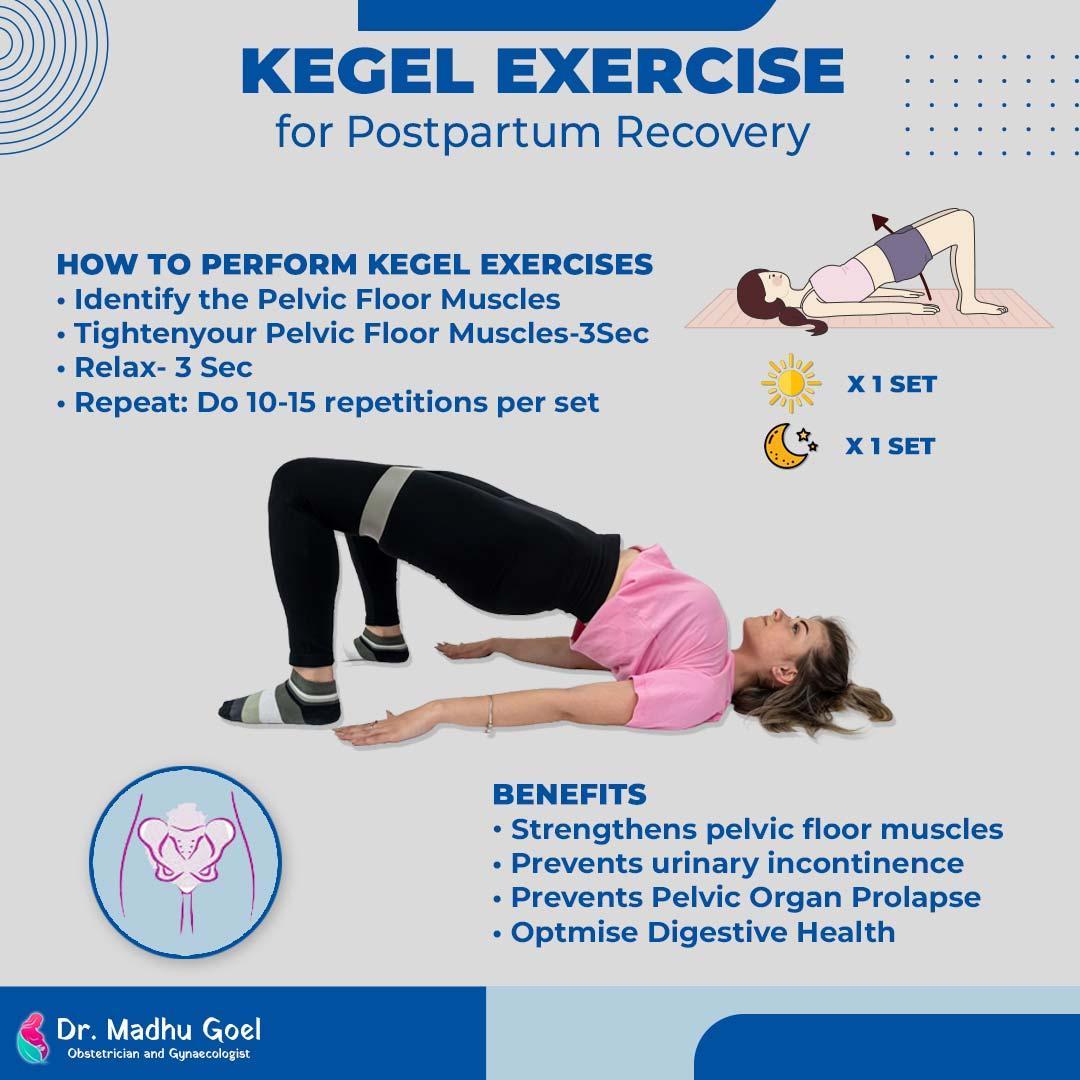
integrating Kegel Exercises into Your Daily Routine for Lasting benefits
incorporating Kegel exercises into your daily routine is not only effective, but it’s also remarkably simple. Start by identifying specific times throughout your day when you can easily perform these exercises without drawing attention to yourself. Here are some optimal moments:
- While sitting at your desk: engage your pelvic floor every time you catch up on emails or continue working on a project.
- During traffic jams: Use stoplights as reminders to squeeze and release,turning idle moments into productive ones.
- While waiting: Whether in line at the supermarket or waiting for an appointment, take advantage of this time to strengthen your muscles.
For those just starting, aiming for short bursts of activity can make all the difference. Try performing a few sets of 10 repetitions, ensuring that you breathe deeply and relax other muscles during the process.You can gradually increase the intensity and duration as you gain confidence. Below is a simple reference table to help you keep track of your progress:
| Exercise | Repetitions | Duration |
|---|---|---|
| Kegel holds | 10 | 5 seconds each |
| Quick Flicks | 15 | 1-2 seconds each |
| Endurance Holds | 5 | 10-15 seconds each |
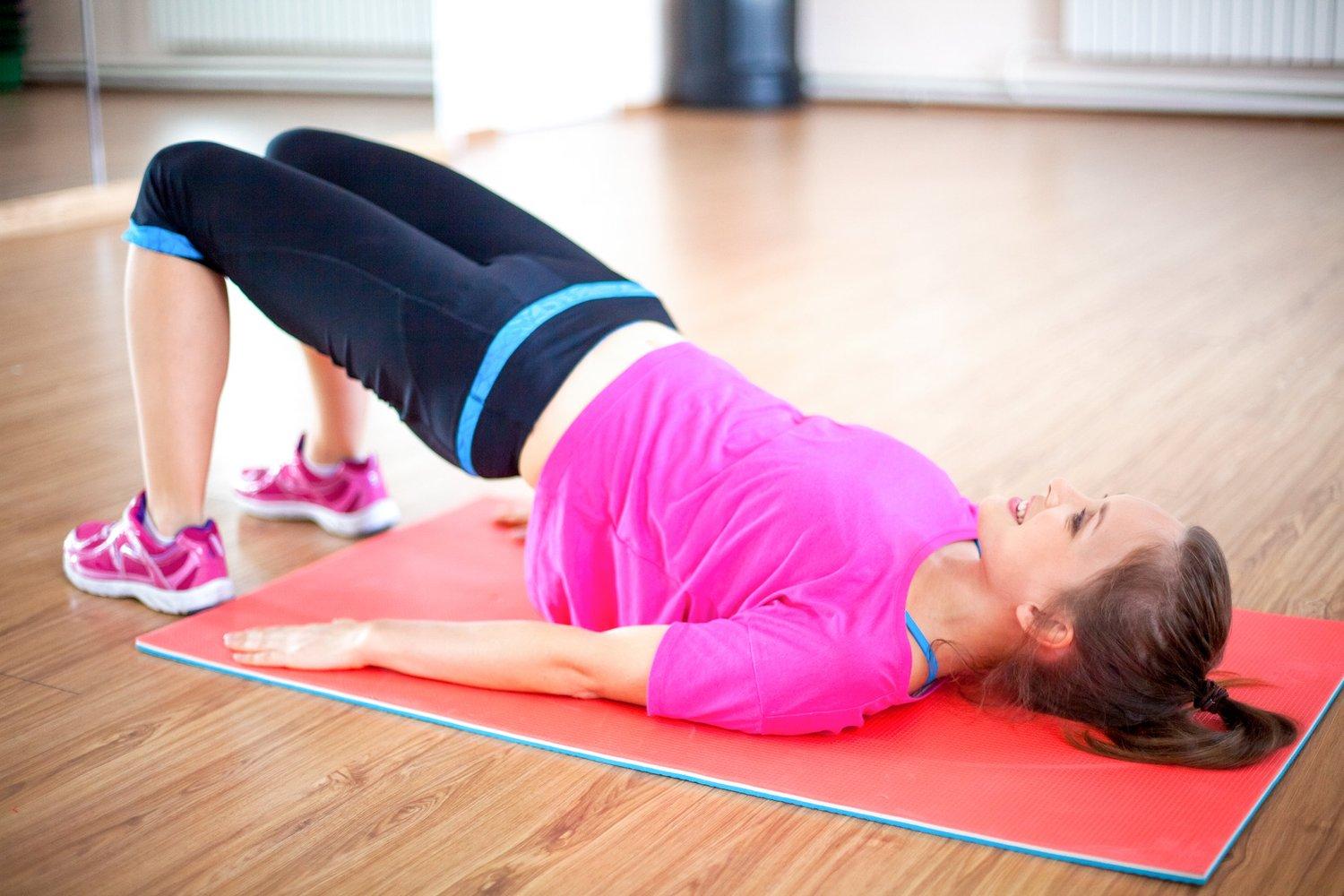
Common Mistakes to Avoid and Tips for Successful Practice
When embarking on your Kegel journey,it’s essential to recognize and sidestep common hurdles that can hinder progress. One prevalent mistake is performing the exercises incorrectly. Many individuals tend to engage other muscles, such as the abdomen or thighs, rather than focusing solely on the pelvic floor. To avoid this, try to ensure that you’re isolating the pelvic muscles. A good trick is to imagine you are trying to stop urination midway. If you’re unsure, consulting with a healthcare professional can provide guidance and assurance about your technique.
Another frequent pitfall is inconsistency in practice. Kegel exercises require regularity to see tangible results. Establishing a routine can dramatically enhance effectiveness. Consider these tips:
- Schedule your sessions at the same time each day.
- Integrate them into other daily tasks, such as brushing your teeth or sitting at your desk.
- Track your progress using a journal or a mobile app to stay motivated.
Additionally, fatigue can effect the performance of these exercises; thus, it’s vital to listen to your body and rest when needed. Acknowledging these nuances can pave the way for a more successful and fulfilling Kegel practice.
Final Thoughts
the journey to strengthening your pelvic floor is one that can be embraced by everyone, regardless of age or fitness level. The Kegel exercises presented in this article are designed to empower you with greater control, confidence, and overall well-being. As you integrate these exercises into your daily routine, remember that progress may take time, but persistence yields rewarding results.
Creating a supportive surroundings for yourself and others encourages a conversation around pelvic health that can dissolve stigma and foster community. So, whether you’re lifting, squeezing, or holding your way to strength, know that you’re not alone—together, we can break barriers and celebrate the shared pursuit of health. Armed with knowledge and determination,let us strengthen together,one contraction at a time.

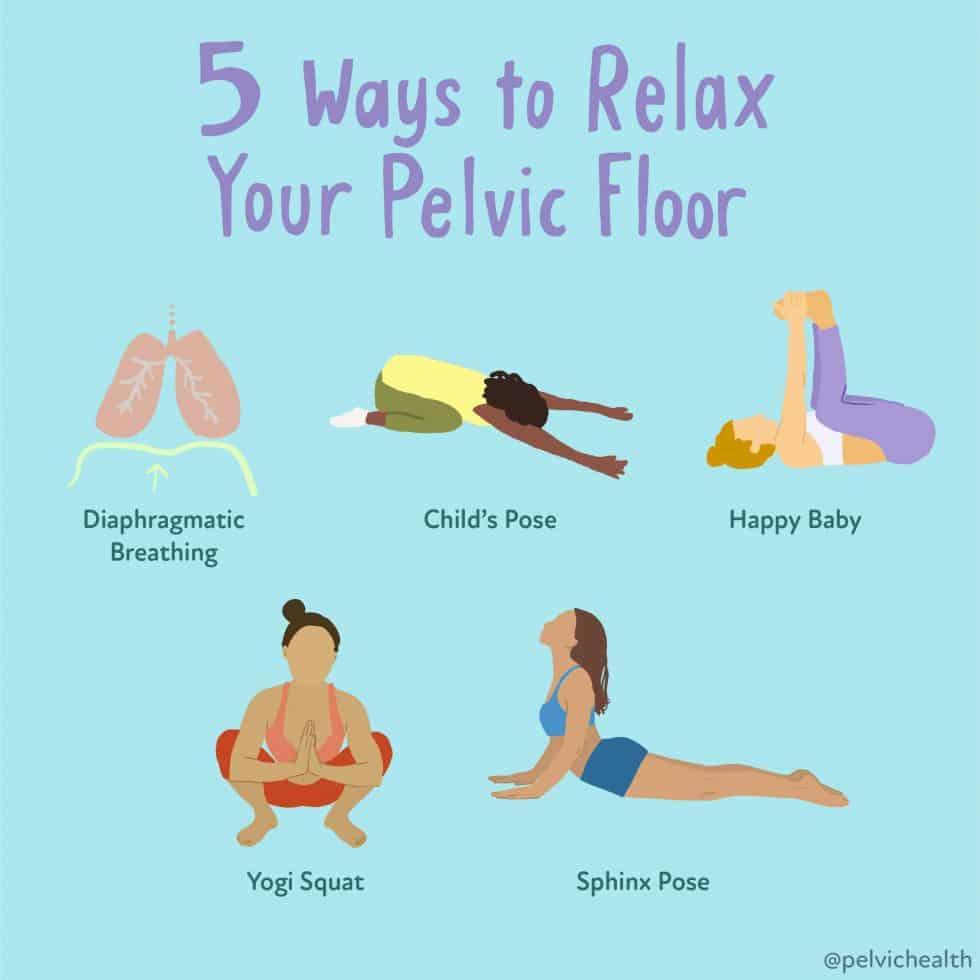



Leave a Reply